Innovators in Discovery


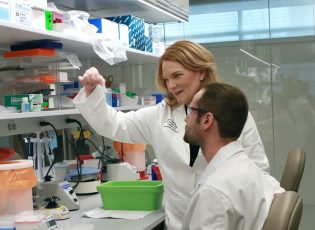
Elaine R. Mardis, PhD, spends a lot of her time studying molecules at the Institute for Genomic Medicine at Nationwide Children’s Hospital in Columbus, Ohio. What she sees is invisible to the naked eye, but her vision for what clinicians can do with the information they find in the genes of a cancer cell is clear.
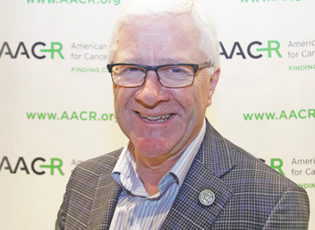
Fellow of the AACR Academy John E. Dick, PhD, earns the 2020 Pezcoller Foundation-AACR International Award for Extraordinary Achievement in Cancer Research.
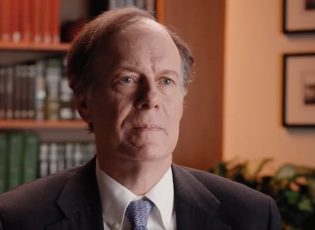
A leader in the study of how mutations affecting tumor-suppressor genes cause cancer, Dr. Kaelin's research has had major clinical implications for several forms of cancer, particularly kidney cancer. Dr. Kaelin, Sir Peter J. Ratcliffe, MD, FRS, and Gregg L. Semenza, MD, PhD, were awarded the 2019 Nobel Prize in Physiology or Medicine.
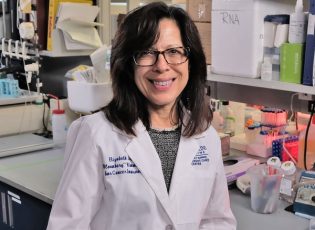
American Association for Cancer Research 2017-2018 President Elizabeth M. Jaffee, MD, seeks ways to expand AACR's efforts to nurture the next generation of cancer researchers and advance convergence science during her term leading the organization.
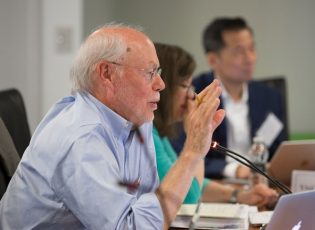
Phillip A. Sharp, PhD, Dr. Sharp who earned the 1993 Nobel Prize in Physiology or Medicine for his co-discovery of RNA splicing, didn’t set out to be a cancer researcher. But throughout his career, which spans nearly half a century, Dr. Sharp has been committed to developing collaborations that can generate new ways of thinking about cancer.
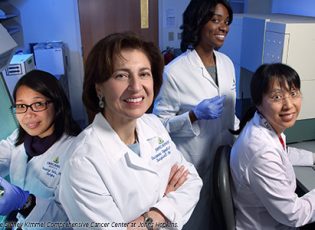
Dr. Suzanne L. Topalian of the Sidney Kimmel Comprehensive Cancer Center at Johns Hopkins is working to find new ways to unleash the power of patients' immune systems to fight their cancers.

Dr. Northcott is exploring the role that blood vessels play in the growth of tumors and the delivery of chemotherapy.
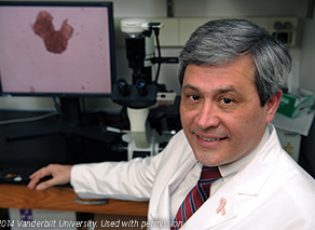
From integrating clinical cancer care with biomedical research to advocating for early-career cancer researchers, AACR President Dr. Carlos L. Arteaga's single goal is to improve patient outcomes.
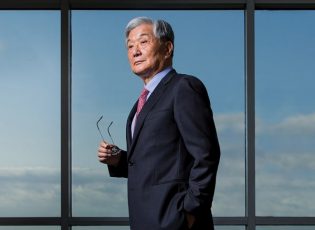
Dr. Hong, who served as AACR President from 2001 to 2002, retired in 2014 as a division head and professor at the University of Texas MD Anderson Cancer Center in Houston. His work has transformed the lives of innumerable cancer patients.
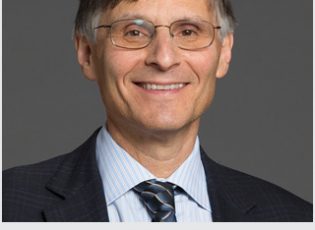
"Over the next 25 or 30 years we are going to make major progress toward curing cancers in synergistic ways, and it will happen faster if we fund it adequately."